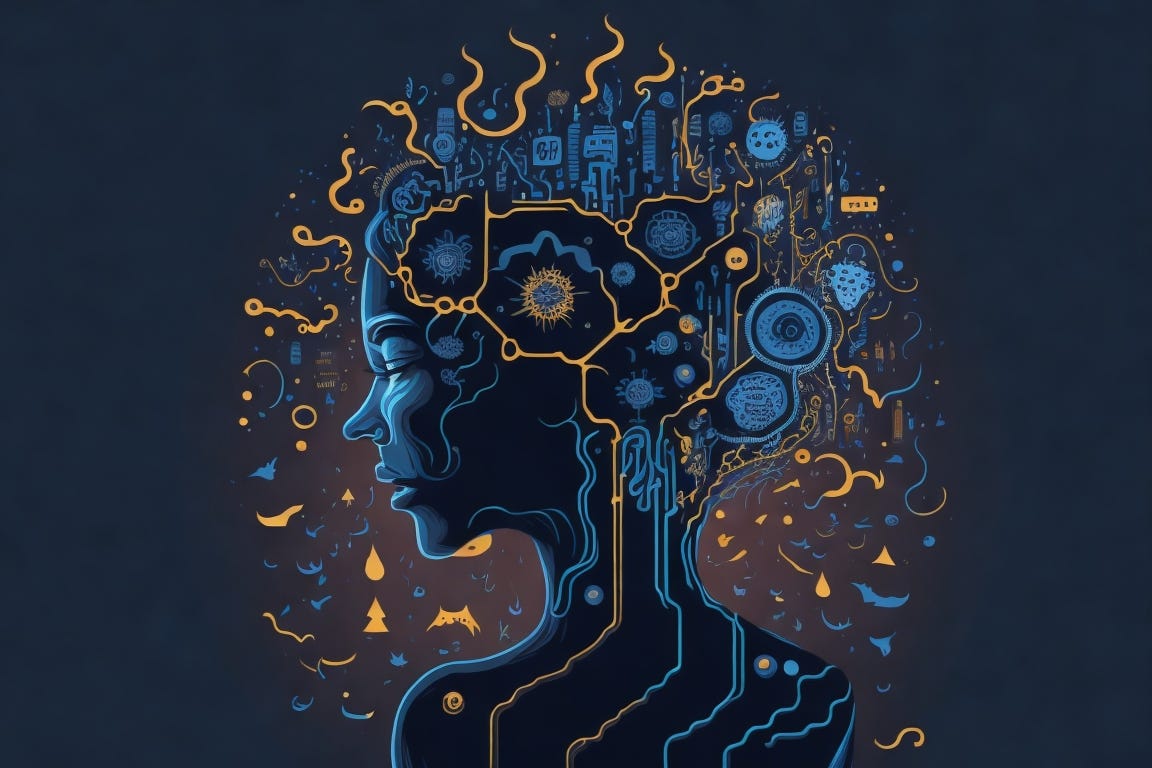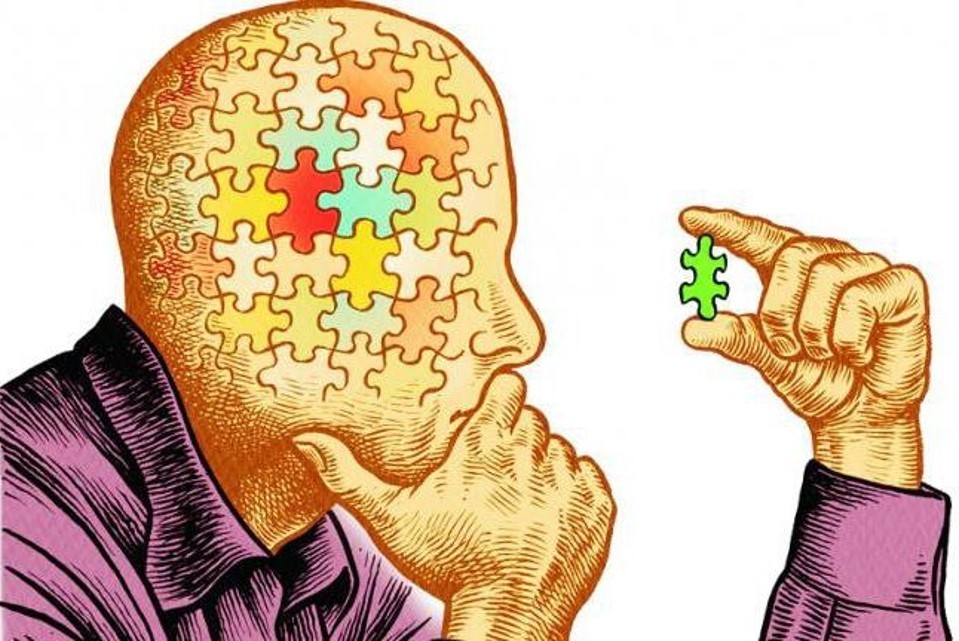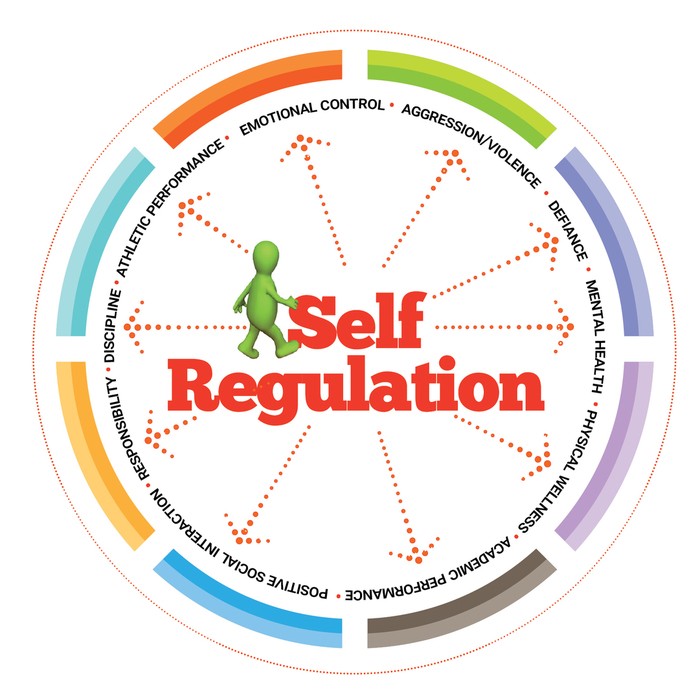Mastering Emotional Intelligence: Enhancing Self-Awareness and Empathy
In the journey of personal growth and development, there’s a hidden gem that often gets overlooked amidst the clamour for technical skills and academic achievements – Emotional Intelligence (EI). It’s the bedrock of our interactions, shaping our relationships, decision-making, and overall well-being. Today, let’s embark on an exploration of this fascinating world, diving into the essence of Mastering Emotional Intelligence: Enhancing Self-Awareness and Empathy.
What is Emotional Intelligence?
Emotional Intelligence is the ability to recognize, understand, and manage both our own emotions and those of others. Coined by psychologists Peter Salovey and John Mayer and popularized by Daniel Goleman in the 1990s, EI encompasses a range of skills crucial for navigating the complexities of human interaction.
Imagine being in a heated argument with a colleague. EI allows you to remain calm and composed, empathize with their perspective, and find a mutually beneficial solution, rather than succumbing to anger or resentment. It’s the difference between reacting impulsively and responding thoughtfully.
The Key Aspects of Mastering Emotional Intelligence
1. Self-Awareness:
At the heart of EI lies self-awareness – the ability to recognize and understand our own emotions, strengths, weaknesses, and drives. It’s about being in tune with our inner world, acknowledging our triggers, and understanding how they influence our thoughts and actions.
Example: Sarah, a high-achieving executive, struggled with stress and burnout until she started practising mindfulness. Through introspection, she discovered that her need for perfectionism was driving her anxiety. By accepting her imperfections and practising self-compassion, she found greater peace and fulfilment in both her personal and professional life.
2. Self-Regulation:
Once we’re aware of our emotions, the next step is to manage them effectively. Self-regulation involves controlling our impulses, adapting to changing circumstances, and maintaining a positive outlook, even in the face of adversity.
Example: Jack, a project manager, faced a major setback when a key team member unexpectedly resigned. Instead of panicking, he took a step back, assessed the situation calmly, and formulated a plan to redistribute tasks among the remaining team members. By demonstrating resilience and adaptability, he not only salvaged the project but also earned the trust and respect of his team.
3. Empathy:
Empathy is the ability to understand and share the feelings of others. It’s about stepping into someone else’s shoes, seeing the world from their perspective, and responding with compassion and kindness.
Example: Research has shown that empathetic leaders are more effective at building cohesive teams, resolving conflicts, and fostering innovation. By actively listening to their team members, acknowledging their concerns, and offering support, they create a culture of trust and collaboration.
4. Social Skills:
Social skills are the glue that holds relationships together. They encompass communication, conflict resolution, teamwork, and leadership – all essential for building strong, meaningful connections with others.
Example: Maya, a shy introvert, struggled with networking events until she learned the art of small talk. By asking open-ended questions, listening attentively, and finding common ground with others, she gradually overcame her social anxiety and expanded her professional network.
The Relevance of Emotional Intelligence
In today’s fast-paced, interconnected world, Emotional Intelligence is more relevant than ever before. In a study conducted by the World Economic Forum, EI was listed as one of the top 10 skills required for success in the workplace by 2020. From leadership and teamwork to customer service and sales, EI underpins virtually every aspect of our professional and personal lives.
Consider a customer service representative dealing with an irate customer. Instead of escalating the situation further, they use their empathy and active listening skills to diffuse tension, address the customer’s concerns, and find a satisfactory resolution. In doing so, they not only retain the customer but also uphold the reputation of their company.
Conclusion
Mastering Emotional Intelligence is a lifelong journey, filled with twists, turns, and invaluable lessons along the way. By cultivating self-awareness, self-regulation, empathy, and social skills, we can unlock our full potential, forge deeper connections with others, and lead more fulfilling lives.
As we conclude our exploration, I invite you to reflect on your own journey with Emotional Intelligence. What are some areas where you excel, and where do you see growth opportunities? How can you integrate EI into your daily interactions, both at work and at home?
Remember, the path to mastery may be challenging at times, but the rewards – in terms of personal growth, professional success, and enriched relationships – are truly priceless. So, embrace the journey, stay curious, and never stop striving to enhance your Emotional Intelligence. The world is waiting to see the incredible impact you’ll make.







Comments
Post a Comment